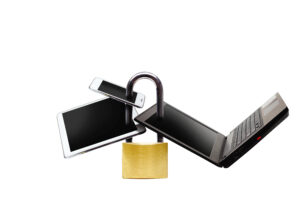Imagine your medical data securely stored in the Cloud for easy access. But with data thieves lurking, how can businesses keep Patient Health Information safe? Let’s uncover strategies to ensure confidentiality and protect sensitive data in healthcare.
Managed Service Providers (MSPs) play a crucial role in helping healthcare providers defend against data thieves and ransomware.
Here are some methods that are employed by MSPs:
Security Awareness Training: MSPs conduct regular security awareness training sessions for healthcare staff to educate them about the latest cybersecurity threats and best practices for preventing cyber attacks.
Data Encryption and Backup Solutions: MSPs establish secure offsite backups for rapid recovery from ransomware attacks, eliminating the need for ransom payments.
Endpoint Security Solutions: MSPs deploy and manage endpoint security solutions such as antivirus software, intrusion detection systems, and firewalls to protect devices connected to the healthcare provider’s network from malware and unauthorized access.
Security Incident Response Planning: MSPs create protocols for containing the incident, notifying affected parties, and restoring normal operations as quickly as possible.
Compliance Management: MSPs ensure that healthcare providers adhere to industry regulations and compliance standards such as HIPAA (Health Insurance Portability and Accountability Act) by implementing security controls and conducting regular audits to identify and address any compliance gaps.
Vendor Risk Management: MSPs assess the security posture of third-party vendors and service providers that have access to the healthcare provider’s network or handle sensitive data.
MSP expertise and resources can fortify health provider defenses and protect patient data from hackers and ransomware attacks.





